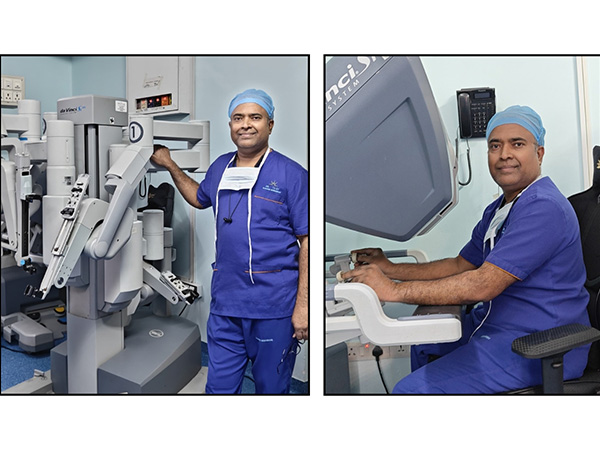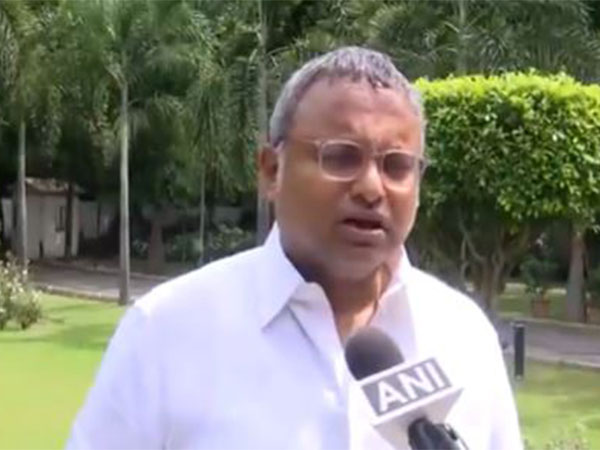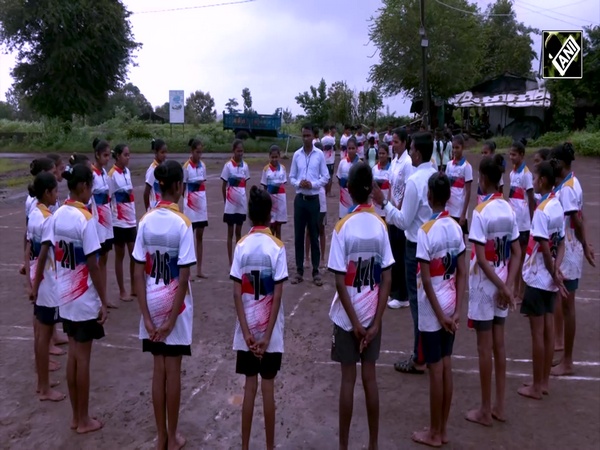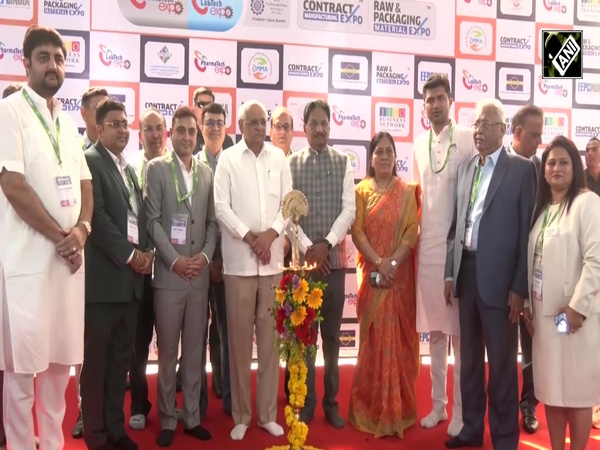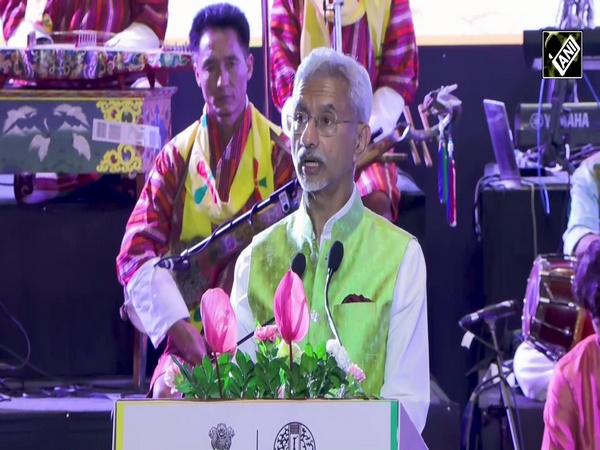SingHealth and Philips sign MOU to advance digital-first healthcare to future-proof care delivery
Feb 19, 2025

PRNewswire
Singapore, February 19: Royal Philips (NYSE: PHG, AEX: PHIA), a global leader in health technology, and SingHealth, Singapore's largest public healthcare cluster, today announced a strategic partnership to enhance healthcare delivery through deploying innovative technologies and accelerating the digital transformation of the healthcare landscape in Singapore.
* New partnership set to accelerate digital healthcare transformation in Singapore, with a focus on co-designing and integrating Artificial Intelligence (AI) and predictive data management to improve patient care by 2028
* Projects under this partnership aim to:
* Streamline imaging data workflows by developing a standardized data architecture for better diagnostics and patient outcomes; and
* Optimize ICU capacity and workflow efficiency by leveraging advanced monitoring and AI tools to help healthcare staff direct care to the right patient at the right time.
This Memorandum of Understanding (MOU) inked between the two organizations signifies a significant step towards building a robust and standardized data architecture for SingHealth. By leveraging Philips state-of-the-art healthcare technologies, the partnership strives to enable seamless digital workflows and improve clinical decision-making. This allows care teams to enhance human interaction with patients, deepen connections and improve outcomes. This will advance SingHealth's goal to deliver care in a more patient-centric manner through a digital-first strategy.
"We are privileged to partner with SingHealth on this venture to accelerate the digital transformation of healthcare delivery in Singapore," said Hung Choong Hwang, Country Manager, Philips Singapore. "By combining our technological expertise with SingHealth's clinical excellence, we aim to set new benchmarks in healthcare innovation, quality and resilience, in line with our vision of delivering better care for more people."
Under the terms of the MOU, Philips and SingHealth will set up dedicated teams to drive three key projects over the course of three years, focused on integrating imaging data with AI, predictive data management to enable actionable insights and optimizing ICU capacities by boosting monitoring and patient assessment capabilities. As projects under the MOU progress, its potential scope may widen beyond these initial three projects to include other additional areas of collaboration where synergies and opportunities are identified by both parties.
Enhancing healthcare delivery with a digital-first approach through three key projects
1. Getting the right information seamlessly to the right expert: Integrated imaging with AI embedded into workflows
This project will automate and streamline Enterprise Digital Image workflows, including acquisition, storage, distribution, retrieval and archival processes. By centralizing and modernizing the architecture for Radiology, Pathology, and other images for clinical practice, the project aims to standardize clinical access and enhance electronic medical records connectivity. Starting with Radiology, the project will also explore innovations such as the use of embedded AI to automate and integrate workflows.
2. Supporting staff with clinical decision-making: Next-generation predictive enterprise data management
Next-generation data analytics will be deployed to provide real-time, actionable insights to sharpen clinical decision-making. With fully-integrated live stream clinical data as a foundation, the goal is to implement advanced device interface models and introduce programmable AI and visualization layers to support clinical care and enterprise storage. This capability, implemented at scale across the cluster, will be a springboard enabling SingHealth to develop more pioneering innovations in this space globally.
3. Enhancing patient care with Smart ICU: Optimizing capacity based on patient acuity
New clinical decision support tools and advanced monitoring equipment will be used to optimize ICU capacity and enhance efficiency and care quality.
A unified monitoring system, aligned with clinical workflows such as alarm assessments, will be established. The infrastructure will be co-designed to achieve interoperability, ensure cloud and cybersecurity alignment, and support clinical workflow assessments. Additionally, AI-powered models and algorithms will be jointly developed to monitor developments in patients' conditions, optimize alarm management, and deliver clinical parameter dashboards and avatars.
Partnerships key to future-proofing healthcare delivery with innovation
One of the key challenges in the complexities of the healthcare system is the ability to access and integrate different data sources to form a cohesive patient story. Accurate and timely access to data at critical points in a patient's journey is key in the digital transformation of the healthcare system. According to the Singapore FHI 2024 report findings, more than one-third (37%) of healthcare leaders surveyed are looking to external partnerships to use data analytics for more informed decision-making.
Please refer to Annex for more info on Singapore findings of the Philips Future Health Index (FHI) 2024 report.
Philips has previously partnered SingHealth in the implementation of an iECG initiative to transform the delivery of cardiovascular care in Singapore. Philips also partnered Singapore General Hospital to advance its medical imaging capabilities.
"We believe in harnessing the power of strategic partnerships to address the unique healthcare needs of the Asia Pacific. By conducting thorough reviews of current capacities, processes and workflows, and thoughtfully integrating advanced technologies in a way that best supports staff, we are dedicated to improving healthcare outcomes and efficiency across this diverse and dynamic region," said Jasper Westerink, Acting Managing Director, Philips APAC. "I'm excited about how our upcoming projects will positively impact patient care and digital healthcare innovation in the region, especially since SingHealth is Singapore's largest healthcare group and has a track record of setting standards of excellence in patient-centred clinical care, and since Singapore is a key medical hub."
Lawrence Loke, Group Chief Information Officer, SingHealth, said, "This collaboration between SingHealth and Philips is a big stride forward in accelerating healthcare innovation in Singapore. By combining our deep and broad range of clinical expertise with Philips' cutting-edge technology, we are prioritizing the needs of our patients in reimagining healthcare delivery. From 'Smart ICUs' to AI-driven diagnostics, our singular goal is to enhance patient outcomes and experiences. In our efforts to pilot transformative care models, we hope that our patients will receive personalized, timely and accessible care that is focused on achieving the best outcomes possible for them."
As a key medical hub in the Asia Pacific, partnerships like these position Singapore well in leading the charge to pioneer and deploy next-generation healthcare technologies, driving efficiency, better care, and more accessible health services for more people across the region.
[1] https://www.channelnewsasia.com/commentary/singapore-healthcare-hospital-telehealth-diabetes-remote-3802171
About Royal Philips
Royal Philips (NYSE: PHG, AEX: PHIA) is a leading health technology company focused on improving people's health and well-being through meaningful innovation. Philips' patient- and people-centric innovation leverages advanced technology and deep clinical and consumer insights to deliver personal health solutions for consumers and professional health solutions for healthcare providers and their patients in the hospital and the home. Headquartered in the Netherlands, the company is a leader in diagnostic imaging, ultrasound, image-guided therapy, monitoring and enterprise informatics, as well as in personal health. Philips generated 2023 sales of EUR 18.2 billion and employs approximately 69,700 employees with sales and services in more than 100 countries. News about Philips can be found at www.philips.com/newscenter.
Annex
Addressing healthcare system challenges: Workforce, data and workflow optimization
With Singapore's population set to become "super-aged" by 2026, and 21% of its population over the age of 65, the healthcare system faces mounting pressures.[1] According to the Singapore findings of the Philips Future Health Index (FHI) 2024 report, nearly two-thirds (65%) of healthcare leaders report that workforce shortages are leading to staff having less time with patients, higher patient-to-staff ratios and/or an increase in clinical errors. These challenges highlight the urgent need to augment clinical manpower and address growing patient workloads and demands on Singapore's health services.
In addition to workforce shortages, healthcare leaders identified workflow prioritization as a key area for automation, which can help healthcare professionals better manage high patient volumes without compromising on care quality. For instance, automated initial screening of medical images can help prioritize cases and direct them to the right sub-specialty radiologist. Similarly, automated triaging systems can assist emergency department staff, improving efficiency and reducing strain on personnel.
Philips FHI 2024 report also revealed that 84% of Singapore's healthcare leaders face data integration challenges, which hamper their ability to deliver timely, high-quality care. The inability to fully utilize data has wide-ranging effects, from financial and operational concerns to limiting coordination between clinicians and reducing their time spent with patients. Overcoming barriers to integrate data accessibly across clinical operations, human resources, and financials for reporting is therefore critical for continuous improvement, better decision-making and better patient empowerment.
(ADVERTORIAL DISCLAIMER: The above press release has been provided by PRNewswire. ANI will not be responsible in any way for the content of the same)


